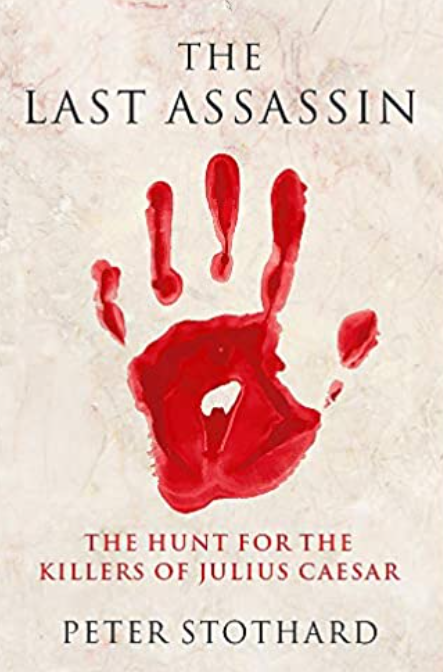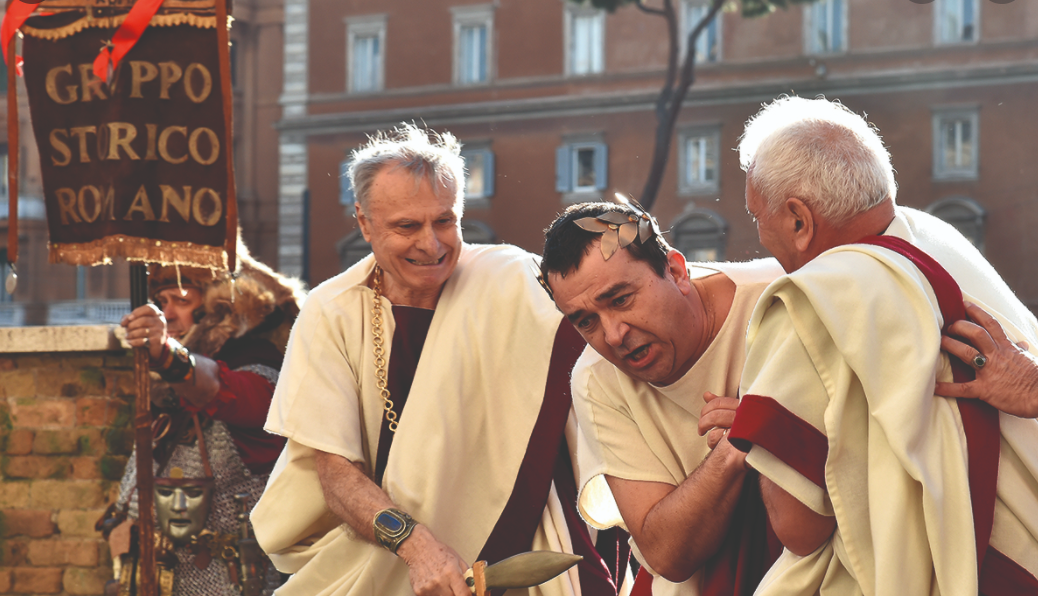
Tumultuous last chapter of the Roman Republic – Vengeful manhunt for Caesar’s assassins


Mark Antony, determined to avenge the assassination of his pal Julius Caesar, sent his henchman far and wide to hunt down his killers. One of those nasty fellows was a bloke called Publius Cornelius Dolabella, renowned as a rapist. His sidekick known only as the Samarian, was a sadist handy with a heated knife, who also had stretchy torture machine called the Horse.
From the spring of 44 BC though one of the dramatic and influential periods in history, Caesar’s adopted son and Heir, Otavian, the future Emperor Augustus, exacted vengeance on the assassins of the Ides of March, not only on Brutus and Cassius, immortalised by Shakespeare, but all the other too, each with his own individual story as many men killed Julius Caesar, but only one man was determined to kill the killers.
Scipio tool over after a catastrophic few years for Rome. When he left office Rome had never been more powerful.
Cassius Parmensis, a poet and sailor who chose every side in the dying republic’s civil wars except the winning one, a playwright whose work was said to have been stolen and published by the man sent to kill him. Parmensis was in the back row of the plotters, many of them Caesar’s friends, who killed for reasons of the highest political philosophy and lowest personal pique
For fourteen years he was successful at evading his hunters but has been barely a historical footnote – until now.
In The Last Assassin Peter Stothard, a distinguished journalist who is adept at describing the fusion of poetry and propaganda, and gives us a timely reminder how to obtain and retain power, which seems all the more relevant as a successor world hegemon prepares for change at the top.
The Last Assassin is a compelling true life thriller, written with authority with evocative detail, from cicadas and lizards to the press and horror of battle, passion and insight, is also a grim study of unintended consequences which dazzlingly charts an epic turn of history through the eyes of an unheralded man, a history of a hunt that an emperor wanted to hide, of torture and terror, politics and poetry of ideas and their consequences, also a gripping story of fear, revenge and survival. It is a dire lesson in what happens when idealism meets tyranny and political freedom dies.
It also tells a story sadder and more complex than we can imagine, giving a new life not only to Caesar and his killers who filled the mass graves of the Roman wars.
The Last Assassin: The Hunt for the Killers of Julius Ceaser by Peter Stothard, Widenfield Nicolson £20, 274 pages.
